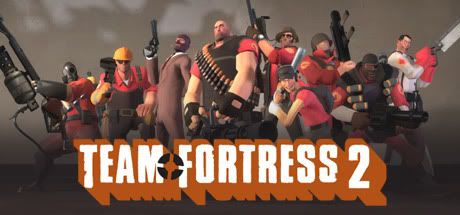The Musical Box (Vol. 2)
Has it really been a month already since Vol. 1? November just flew by. For the unfamiliar, this is my monthly attempt to conglomerate a number of disconnected recent discoveries into some kind of coherent musical suggestion selection. A musical buffet, if you will.
First up is Robots in Disguise, an "Electro Punk" DJ Duo from the UK. I've been enjoying their 2005 album Get RID! this week, it's got the quirky kind of sound that I've come to expect from UK electronica. Strangely enough, I was originally linked to them by Destructoid of all places. The clip below is their latest single "The Sex Has Made Stupid", which gets bonus points for featuring some mildly unsettling robot pornography.
Next is Battles, a band my friend Nick introduced me to, whose debut album Mirrored came out last year. Each member of the band earned their chops with their previous work (Ian Williams with Don Caballero, John Stanier with Helmet, etc.), so you could reasonably call Battles a math rock supergroup. The music is largely experimental, with strange vocal samples and unusual rhythms that might not suit all tastes. Still, you've got to respect people who are pushing the boundaries of music, since they're the ones who determine what we'll be listening to in 2020.
At the suggestion of Scrawled In Wax, I've been checking out Kate Nash's 2007 debut "Made of Bricks". She's achieved tremendous success in Britain despite having picked up the guitar as little as two years ago. As a vocalist, however, she's fab, and her lyrics are down to earth and stunningly honest.
Montreal is already covered in snow (that will likely melt by next week) and there's 30 days 'til Christmas, so expect a Holiday-themed Musical Box come December.
Labels: Music










